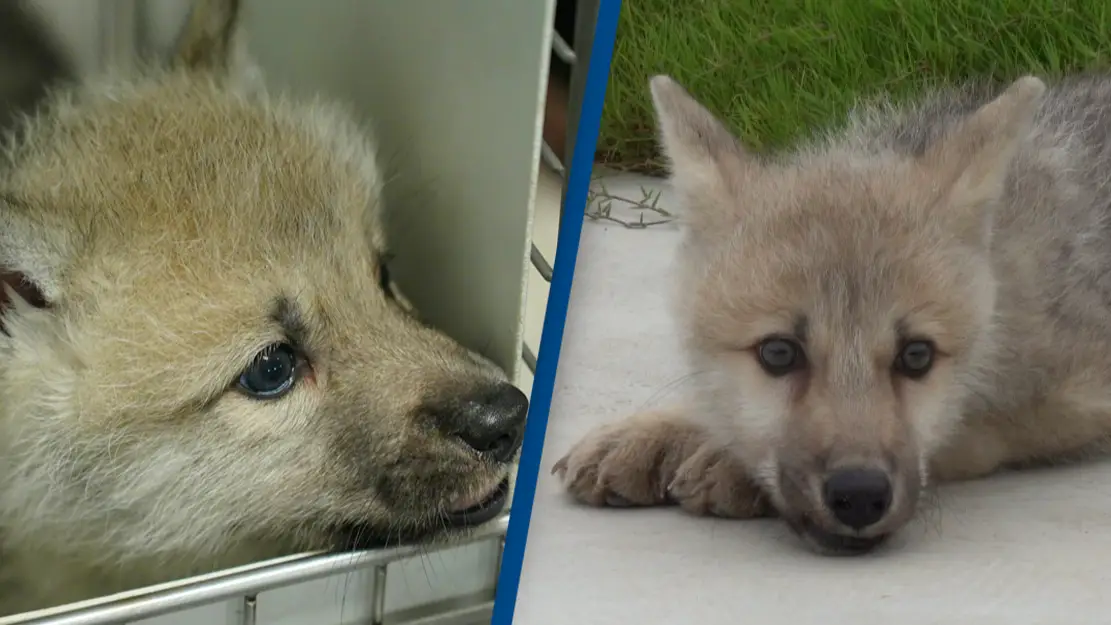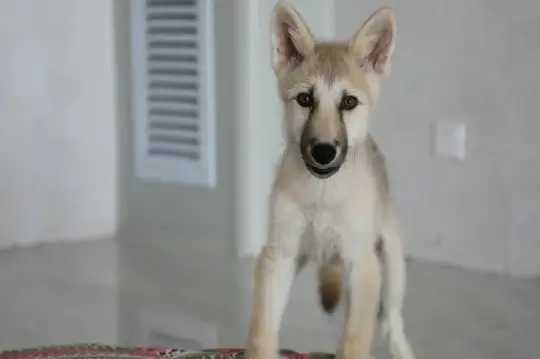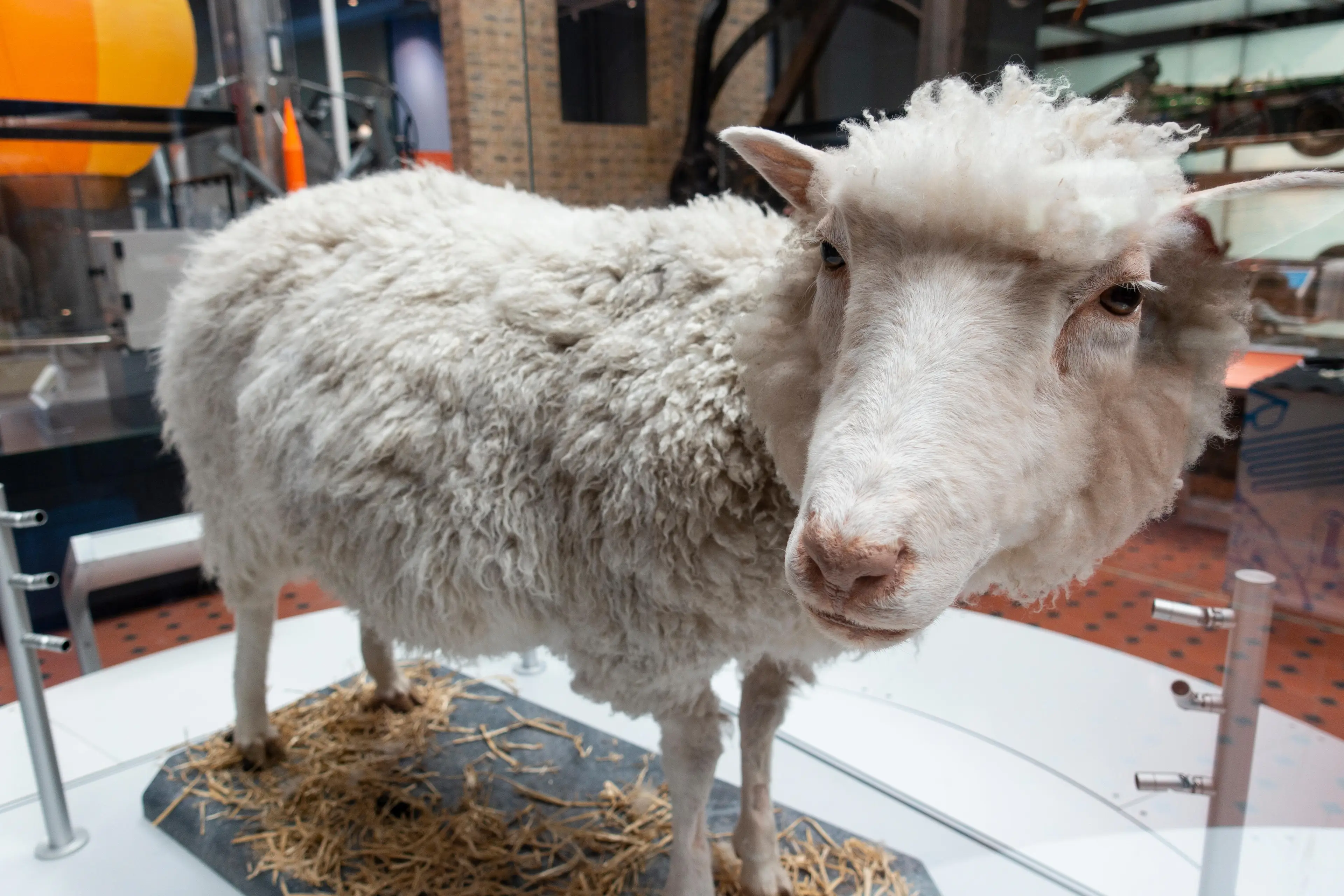
Move over, Dolly, there’s a new genetically cloned creature on the block.
Sinogene Biotechnology, a Beijing-based genetics company has successfully cloned a (very adorable) Arctic wolf pup in a move that’s being billed as ‘ground-breaking’.
It comes 26 years after the birth of Dolly the sheep, the first mammal ever cloned from an adult cell.
The fluffy new pup has been named Maya, and she was actually born back in June, but the biotech firm wanted to wait until she was 100 days old before announcing her birth in case anything went wrong.
Advert

To create Maya, a cell was taken from a wild female Arctic wolf and combined with an embryo grown inside a beagle.
The Arctic wolf had been introduced from Canada and beagles share genetic ancestry with ancient wolves, making them the perfect fit.
Both Maya and Dolly were made using somatic cell nuclear transfer, which involves the cell nucleus from a somatic cell being placed into an unfertilised egg.
This leads to what’s described by Science Direct as a ‘complete reprogramming of the genetic material in the nucleus’ and enables the egg to start dividing and eventually form an embryo.
Although Arctic wolves aren’t actually endangered, Singogen hopes that down the line, the process will be used to save species at risk of extinction.
Speaking to EuroNews, Zhao Jianping, the deputy general manager of Sinogene, said: “The newly born wolf has the same genome as the original wolf, but the cloned wolf hasn’t lived with other wolves, but with a dog.”
Jianping added: “In fact, for cloned pet dogs and cats, there is also a problem of early socialisation. The earlier the socialisation, the more beneficial for its future development.”
“We’ll continue to work in this field. In the next step, we may clone rare wild animals other than canines or cats… and it will be more difficult,” Jianping also noted.

So far, Maya seems to be a normal, healthy wolf pup. Poor Dolly only lived until six, when she was euthanised due to a lung tumour.
Because of her lack of socialisation with other wolves, Maya will spend her life in captivity, but she’s found a mate in the beagle who popped her out and also has a playmate to hangout with, not to mention her surrogate mother.
If you have a story you want to tell, send it to UNILAD via [email protected]